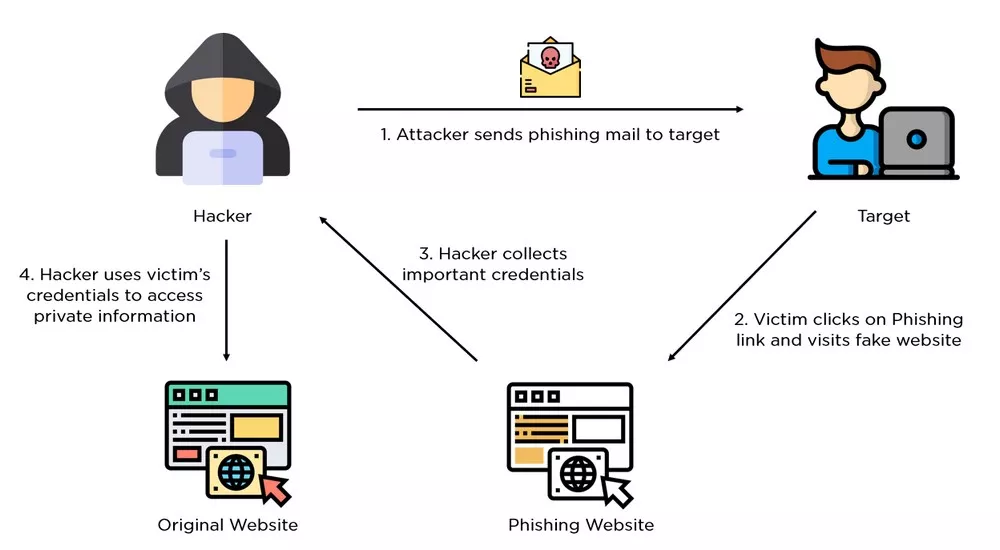If you’re a frequent internet user, you know the importance of staying safe online. You don’t want to get any type of online injury, especially if you’re a beginner. Here are a few tips to stay safe while surfing the internet:
If you’re looking for high-quality, engaging content that can help your website stand out from the rest, then you should definitely check out Brushbackapp.com. We’re sure that you’ll find everything you need here, and we can’t wait to help you grow your website to the next level.
Use an encryption program to protect your personal information.
Use a VPN to anonymize your traffic.
Use a reputable website to browse.
Use common sense when surfing the internet. Don’t be tempted to click on dangerous or illicit content.
Use a password manager to keep all of your personal information secure.
Use a firewalled router to keep all of your internet traffic private.
Use a password manager that is not easily guessed.
Use a firewall to prevent any malicious programs from reaching your computer.
Use a VPN to encrypt your traffic.
Use a firewall to protect your computer from any type of malware.
If you’re a Surfer, you know that staying safe while surfing is a top priority. Here are some tips to help keep you safe while surfing:
Use a life jacket if you’re not familiar with the area you’re surfing.
Use a life jacket if you’re surfing in a life-threatening situation.
Keep your eyes open and use a life jacket if you see something dangerous.
Use a life jacket if you can’t swim.
Know the rules of the surf zone and obey them.
Use a life jacket if you’re surfing in a storm.
Be aware of the waves and their direction.
Use a life jacket if you’re surfing in a tsunami.
Be aware of the weather and its conditions.
Use a life jacket if you’re surfing in a hazardous area.
There are a few things you can do to stay safe when surfing the internet. First, always use the correct waves and waveshapes, and always stay aware of your surroundings. Additionally, use sunscreen and wear a sunscreen with SPF. Finally, avoid getting sick or injured while surfing.
There is no one-size-fits-all answer to this question, as the safest way to surf the web depends on your own personal safety and comfort. However, some tips to stay safe while surfing the web include using a VPN, using a proxy site, and using a safe surfing technique.


